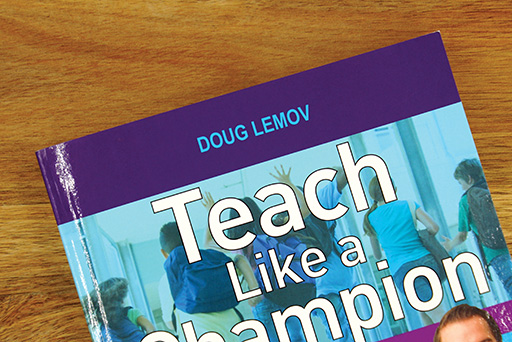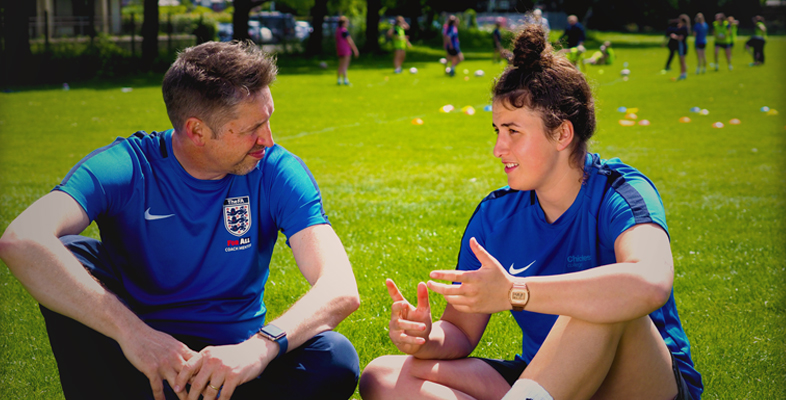5 What can we learn from the teaching profession?
If you view coach learning and development as sharing some aspects of pedagogy (teaching children) the teaching profession might offer further insights into improving your practice.

To begin to understand what you can learn from the teaching profession the following five ideas are a way of summarising contemporary teaching research. They are drawn from a fascinating book Urban Myths about Learning and Education (De Bruyckere et al., 2015). The book’s authors, who are recognised researchers in this field, recommend:
- Keep the end in mind – Identify the key information you want coaches to remember at the end of a session and formulate an appropriate question that provides focus (a bit like our question for this and other sections).
- Concrete examples and a narrative – Avoid ideas that are abstract and out of context, use storytelling. Can you work the essence of your learning into a good narrative story?
- Variety and surprise – Give your learners diversity to sustain their attention. Aim to do something different every 15 minutes e.g. an image, a story or something else that is different.
- Enough breaks – Ensure you build in enough breaks for people to process information.
- Effective feedback – Such is the importance of this topic that it is addressed in more detail in Session 7.
A shared coach developer vocabulary?
Like coaching, learning to teach is an ongoing process influenced by continuing professional development (CPD). Doug Lemov, an author and teacher developer, has observations about running CPD sessions for teachers that are potentially useful for coach development.
He suggests that the use of commonly named teaching practice behaviours that enhance shared understanding and discussion is valuable, i.e. a shared vocabulary.
Since the coach developer role is relatively new compared to other professions the shared vocabulary may emerge over time as learning and development practices become more established. This course aims to contribute to this process of a more widely shared vocabulary by the creation of the coach developer 101 guide.
Also of note in this audio clip was an appreciation that much of the learning takes place after any formal session, as new ideas reverberate around informal environments. This is, provided coaches’ ‘filters’ do not result in new ideas being discarded straight away (Session 2).
Final thoughts
For many, including Lemov, teaching and coaching have elements of a craft; craftspeople adapt tools to their own style to the needs of the environment they are in.
The outcome of this session may be that you can begin to answer some challenging questions about
- which active learning methods
- in what kind of circumstances
- lead to more effective learning for which coaches
- are these methods genuinely better than traditional methods?
If you want to explore further evidence about this complex question we recommend you consult the list of references, in particular De Bruyckere et al. (2015) and Neelen and Kirschner (2015).
